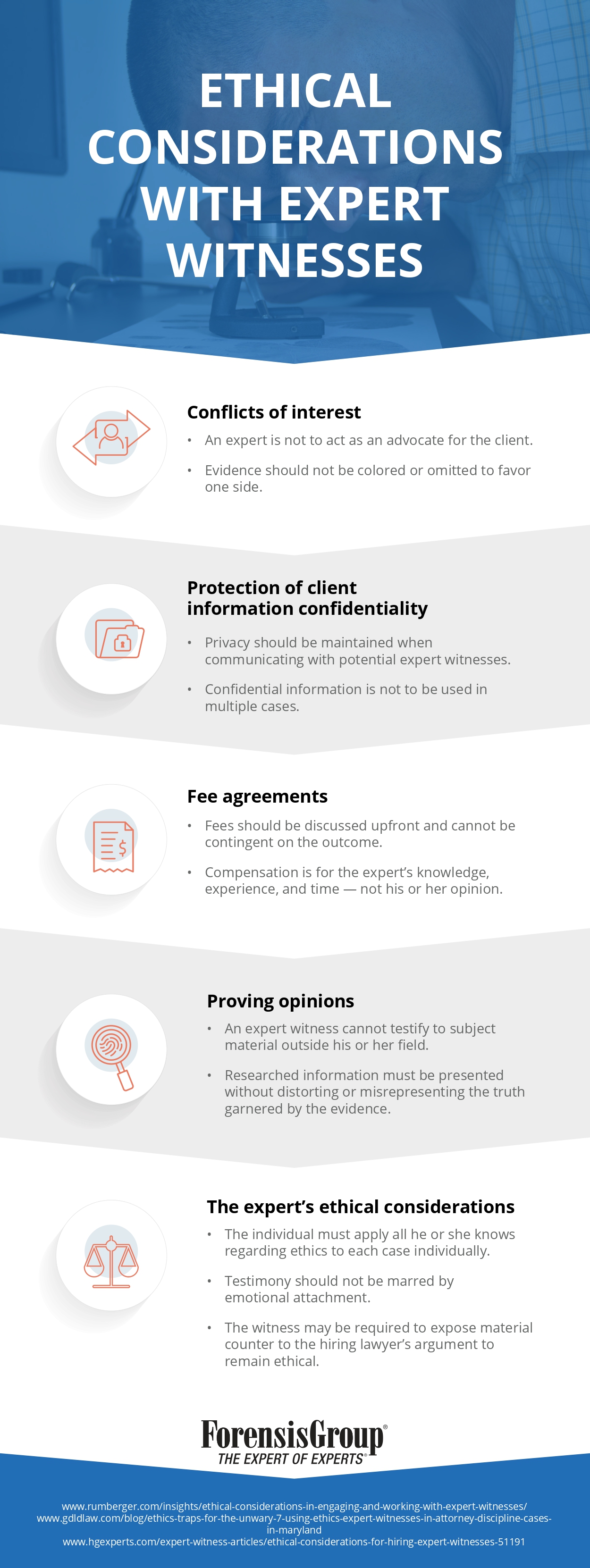In elder financial abuse cases, it is often difficult to prove that a fraud occurred. The elder’s mental capacity may have deteriorated to the point that they can no longer provide meaningful testimony. A psychologist may then be necessary to provide expert witness testimony to prove that the elder was susceptible to undue influence and manipulation.
A psychologist is not a medical doctor but has the necessary education, training and skill to assist the court or jury on the issue of mental incapacity and its relationship to the set of circumstances that led to the financial abuse. The psychologist’s role is a forensic one; that is, to go back in time and render an opinion as to whether the elder was susceptible to undue influence at the time the alleged abuse took place.
This is not an easy task, particularly under the laws of California. The psychologist should first meet with the elder law attorney to be thoroughly briefed on the facts. The expert witness should only rely upon facts that the lawyer is certain can be proved at trial. If the elder is still alive, then the psychologist should personally meet with the elder and conduct a mental capacity examination. Even if the elder is mentally incapacitated at the time of the examination, the jury will want to know that the expert took the time to obtain an eyewitness evaluation and did not simply rely upon someone else’s opinion.
The forensic opinion must focus on the elder’s mental capacity at the time the alleged financial abuse took place, which may have occurred several years earlier. A thorough review of all medical records will be required, with the objective of uncovering any reference to mental deficits.
The expert must also interview the elder’s family members and friends to discover their knowledge of the elder’s mental history, including their observations of specific events and dates that identify the elder’s outlook or propensities with regard to financial matters. For example, these witnesses may all have known that the elder grew up during the depression, was very conservative with money and would not have made any frivolous gifts or transfers
They may also be able to provide the psychologist with information about the defendant and how the elder became more and more reclusive and isolated once the defendant became involved in the elder’s life.
The psychologist should also review all deposition transcripts and other written discovery in order to be sure that all evidence was thoroughly considered and utilized in forming the basis for the expert’s opinion.
When all of this has been accomplished, the psychologist must meet with the elder’s lawyer to prepare the expert for trial. This does not involve “coaching” the witness. It is the process in which the lawyer becomes familiar with all of the facts that the expert has relied upon in reaching an opinion. Both the lawyer and expert must step into each other’s shoes, as well as the elder’s, in order to fully understand the nature of the abuse and how it was actually carried out.
A qualified psychologist can provide valuable expert witness testimony to prove that an elder was susceptible to undue influence and the victim of financial abuse.
If an expert witness is going to be involved in your case, make sure you are aware of the ethical considerations these experts must abide by with the information below.

Provided by ForensisGroup – creating a more just world with their expert witness services







More Stories
Twelve Signs of Sham Peer Review
Kate Wilhelm’s Death Qualified – Review of a Legal Thriller
Seven Legal Reasons to Trademark Your Brand